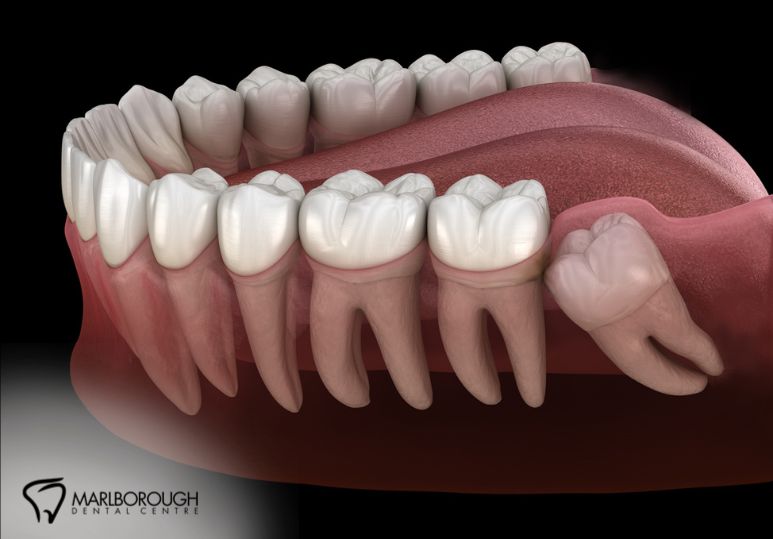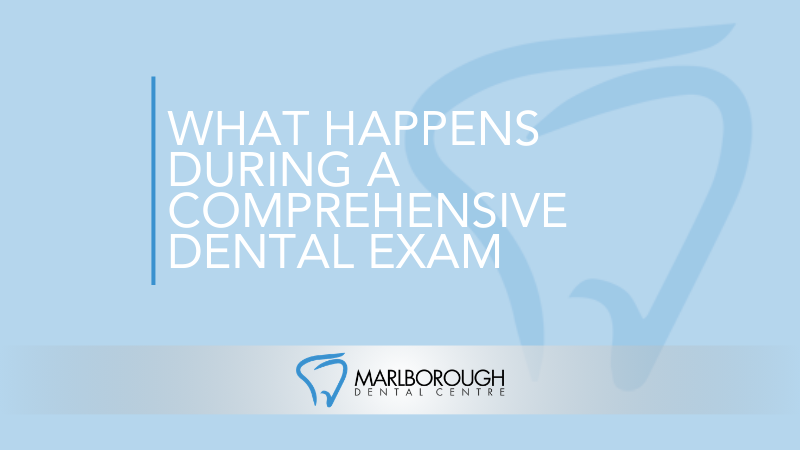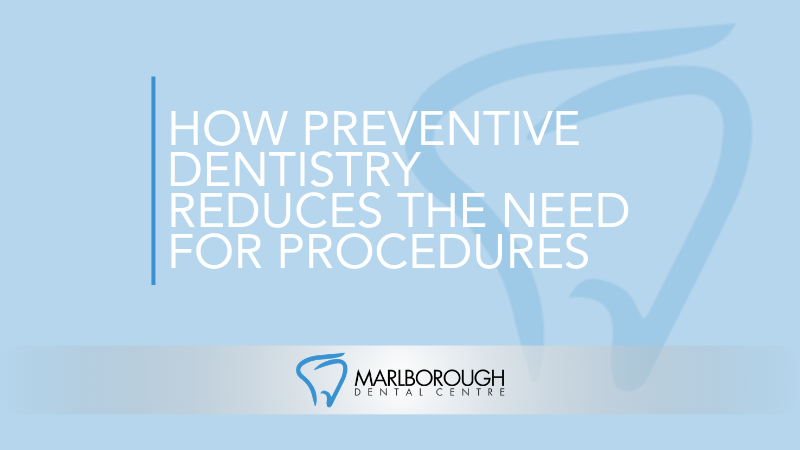Wisdom teeth removal is a common dental procedure aimed at alleviating pain, preventing overcrowding, and addressing impacted teeth. While the procedure itself is typically straightforward, the recovery process can vary significantly from person to person. At Marlborough Dental Centre, we understand that the journey to full recovery doesn't end when you leave our clinic. It's crucial to be aware of potential complications and effective pain management strategies to ensure a smooth healing process.
The initial recovery period following wisdom teeth removal generally lasts a few days, during which some discomfort, swelling, and bruising are normal. However, it's important to distinguish between typical healing signs and symptoms of possible complications. Our team is dedicated to providing comprehensive post-operative care instructions and support to mitigate these risks.
Recognizing and Managing Common Complications
- Dry Socket: One of the most common complications after wisdom teeth extraction is dry socket (alveolar osteitis), occurring when the blood clot at the extraction site is dislodged. This condition exposes the underlying bone and nerves, leading to severe pain not only in the socket but also along the nerves radiating to the ear. If you experience a sudden increase in pain a few days after the surgery, it's crucial to contact Marlborough Dental Centre immediately. Treatment typically involves cleaning the socket and applying a medicated dressing to alleviate pain and encourage healing.
- Excessive Bleeding: While some bleeding is expected after extraction, excessive bleeding that continues beyond 24 hours requires attention. Applying pressure with a clean gauze pad or a tea bag can help. If bleeding persists, it may be a sign that the wound is not healing properly, and you should seek advice from our dental team.
- Limited Jaw Movement: Stiffness and limited jaw movement can occur due to swelling, muscle soreness, or the trauma of the surgery itself. Gentle jaw exercises can help restore mobility, but if the condition does not improve or worsens, it could indicate a more severe issue like an infection or joint problems.
Effective Pain Management Strategies
- Medication: Pain management is a critical component of the recovery process. Over-the-counter pain relievers, such as ibuprofen or acetaminophen, are often sufficient for managing mild to moderate pain. For more severe pain, your dentist may prescribe stronger medication. It's important to follow the prescribed dosage and instructions closely.
- Home Remedies: In addition to medication, simple home remedies can significantly reduce discomfort. Applying ice packs to the cheek can help minimize swelling and bruising for the first 48 hours. Afterward, switching to gentle heat can alleviate muscle stiffness and soreness. Staying hydrated, eating soft foods, and keeping your head elevated when resting can also promote healing.
When to Seek Further Medical Advice
While complications are relatively rare, being vigilant about your recovery and knowing when to seek further medical advice are paramount. Contact Marlborough Dental Centre if you experience symptoms such as persistent or worsening pain, signs of infection (fever, foul taste, persistent swelling), difficulty breathing or swallowing, or numbness beyond the first few days post-surgery. Our dedicated team is here to ensure your recovery is as smooth and comfortable as possible.
At Marlborough Dental Centre, we prioritize your health and comfort throughout the wisdom teeth removal process. Understanding the potential complications and effective pain management strategies can significantly impact your recovery experience. Remember, experiencing mild discomfort and swelling is a normal part of the healing process, but you should never hesitate to reach out if you have concerns about your recovery. Our team is committed to providing you with the support and care you need to navigate the post-operative period with confidence and ease.
Written on behalf of Marlborough Dental Centre.
FAQs
Q: What are common complications after wisdom teeth removal?
A: Common complications include dry socket, excessive bleeding, infections, and limited jaw movement. It's important to follow post-operative care instructions closely to minimize these risks.
Q: How can I manage pain after wisdom teeth removal?
A: Pain management can be effectively handled through prescribed medications, over-the-counter pain relievers, and home remedies like cold compresses and saltwater rinses. Always follow your dentist's recommendations on medication usage.
Q: Can I eat normally after wisdom teeth removal?
A: It's recommended to start with soft foods and gradually reintroduce harder foods as healing progresses. Avoid spicy, very hot, or crunchy foods that can irritate the extraction site.




